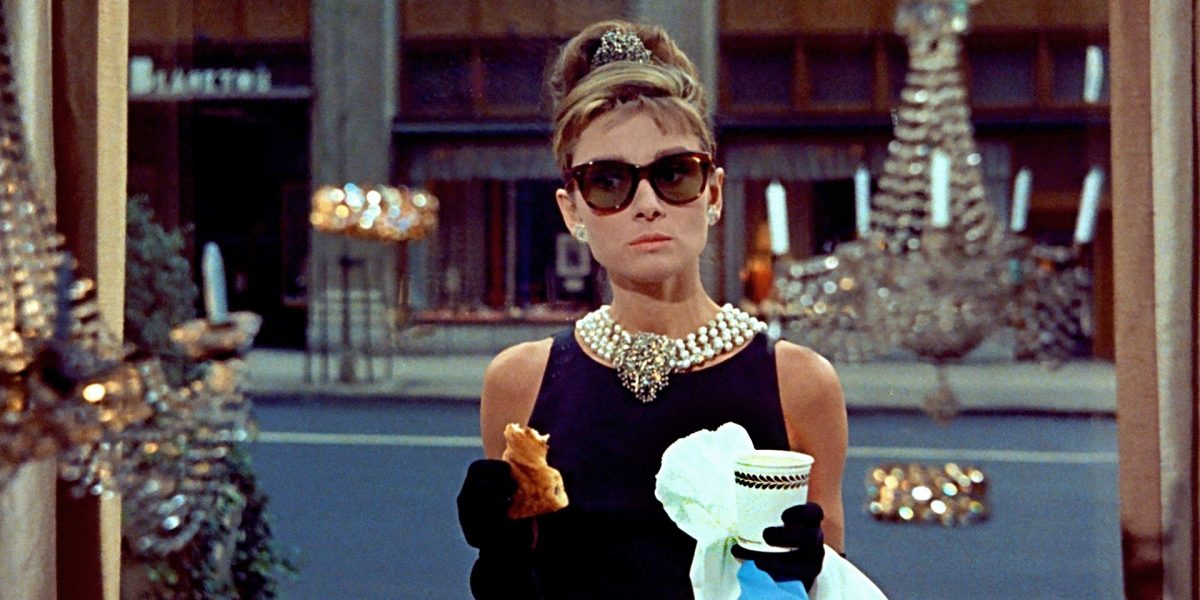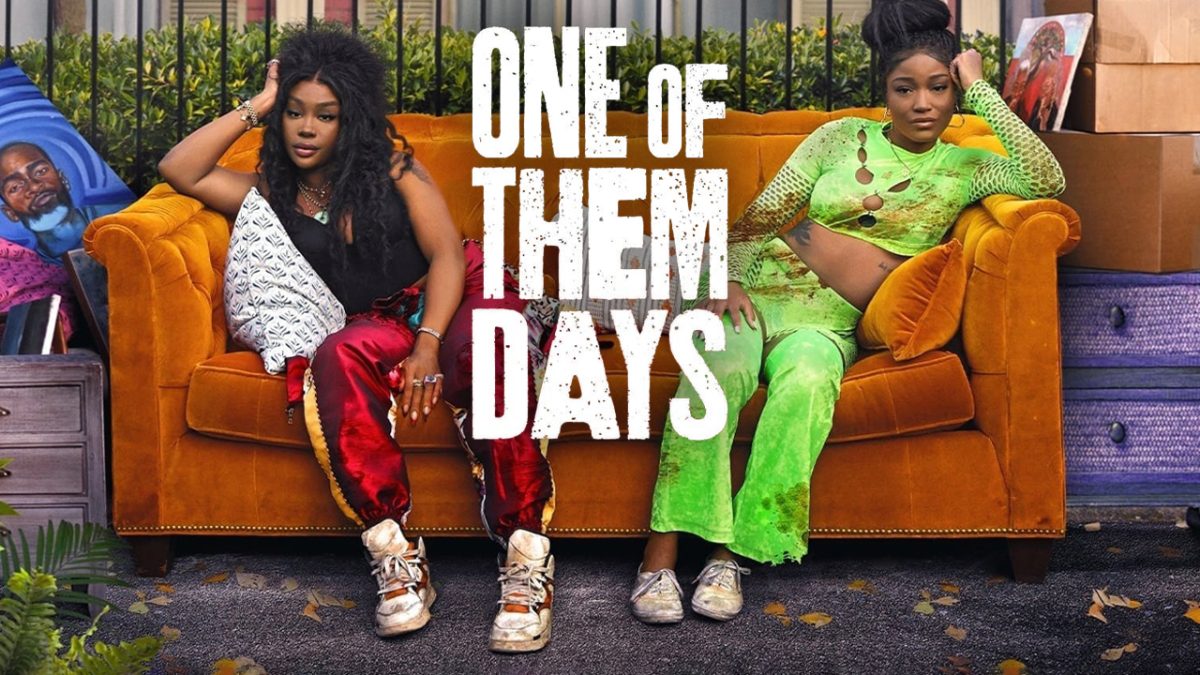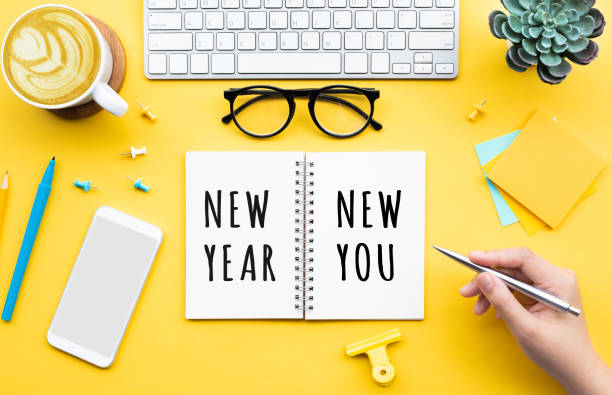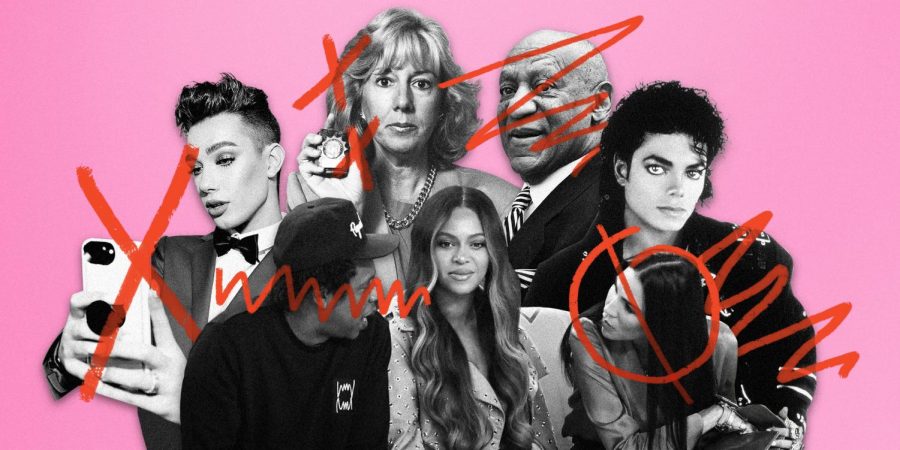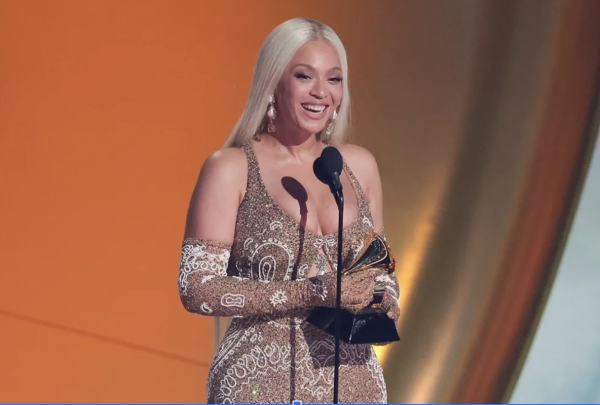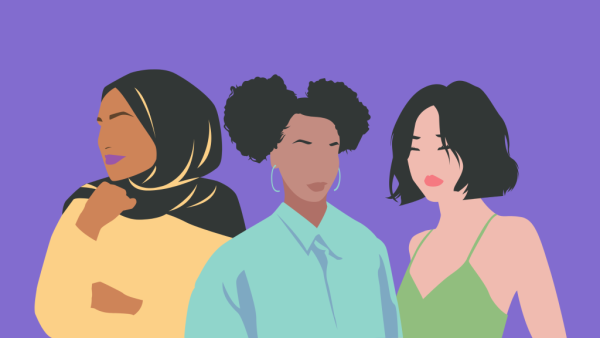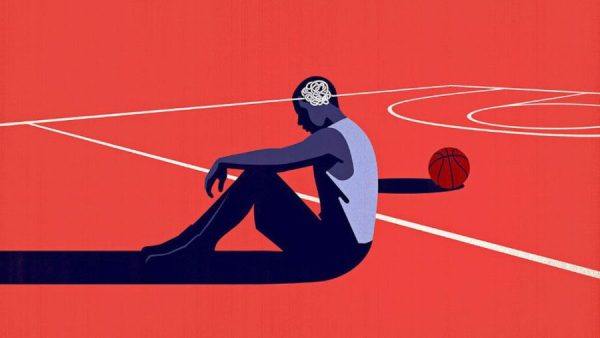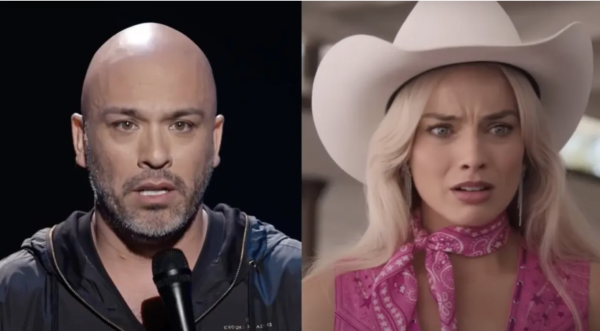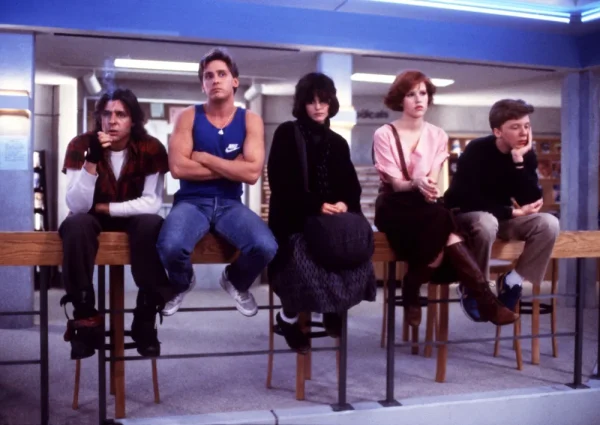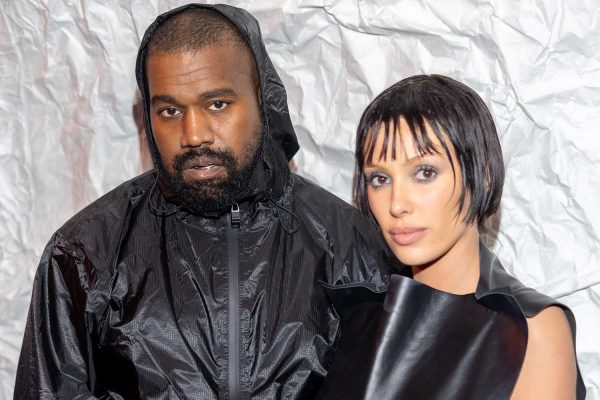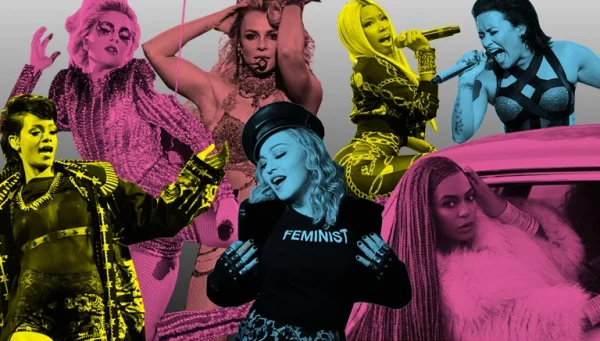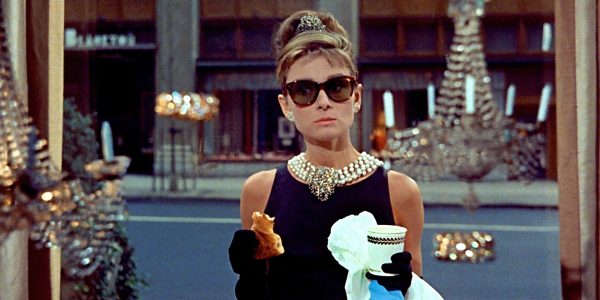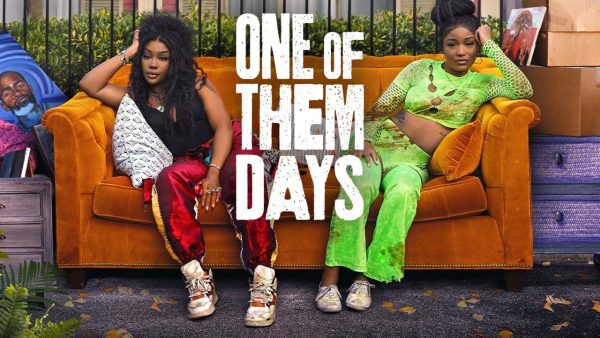Separating the Art From the Artist
Link to original source: https://www.nbcnews.com/pop-culture/viral/deep-reckoning-or-fleeting-outrage-cancel-culture-s-complexity-proves-n1031466
It can be easy to cast aside figures who have harmed marginalized communities when their contributions to society are viewed as replaceable or forgettable. Each month, when a new TikTok star is outed as a bigot, they’re discarded and replaced with a similar content creator until that replacement inevitably makes the same mistake and the cycle continues. But in the world of music, this fate is escapable for those who possess an impressive amount of one quality: talent.
Over the last few years, the cancel culture debate has evolved into a more convoluted conversation about who is cancelable and where we draw the line. However, when it comes to musical artists, it seems the public has a soft spot for those whose music has made an impact on them.
Just about everyone has a musical artist who they consider to be one of the greats. Though we may not know much about them on a personal level, their music gives us a level of respect for them that they may or may not deserve.
For me, Amy Winehouse was a person who I considered to be a shining example of musical talent in every sense of the word. With my parents also being fans of her music, I grew up listening to Back to Black, and deepened my appreciation for her as an artist after discovering her debut album, Frank. So when my sister texted me a TikTok addressing her racist and homophobic rantings, I naturally was heartbroken.
Music is something that many people indulge in every day and with cancel culture urging people to cut off ties with problematic celebrities and public figures, we start to wonder if that’s too much to ask. With this, has come the argument that we have to learn to separate art from the artist that created it. This practice is built around the belief that while idolizing problematic people is wrong, appreciating the art they have created does not mean you support their actions.
Artists like Kanye West and Nicki Minaj have vocally supported harmful causes and used their platforms to spread incorrect rhetoric. However, many believe that attempting to ignore the monumental impact that they have made on music and culture is unproductive. While this argument is compelling, it fails to address the issue of putting money into the pockets of these figures. Continuing to stream “canceled” artists is what keeps their careers afloat and helps them maintain the platform they use to hurt others.
The question of whether to continue to stream or boycott an artist comes down to the moral code of each listener. To some, listening to an artist in their own private time should not mean they endorse their actions. For others, streaming these artists means inadvertently condoning their actions, making it their moral responsibility to stop listening.
For me, both of these stances can be valid. In some situations, it may not be worth it to take an artist off of your playlists, as the cultural impact they have made is too big of a beast to take down. But there is a point for everyone when an artist’s actions are too harmful to ignore. When an artist crosses a line, for many like myself, it ruins their art altogether. When society as a whole collectively draws a line, it can be a powerful thing. With the recent ramblings of Kanye “Ye” West stirring up anger and disgust in multiple communities, the public has shown that when a sufficient number of people decide enough is enough, a real impact can be made. As the masses showed their contempt for West, it has pushed brands to do the same, financially harming his career in a way that might actually prove the positive impacts cancel culture can make.
In the future, it seems that cancel culture’s impact will only continue to grow, leaving me wondering how many artists will be left to listen to if we don’t start to separate art from problematic artists.
Though it’s easy to say I won’t support problematic artists now, will I be willing to do the research on every artist I support before listening to their music? When looking at this debate, there is something to be said about how cancel culture impacts the diversity of music and art that we have access to. I think separating the art from the artist is something people should feel free to do. However, we need to look at the weight of their artistic contributions in comparison to the harm that they have done. Once the artist has crossed the line to the point where their art becomes insignificant, it is time to let them go.













































